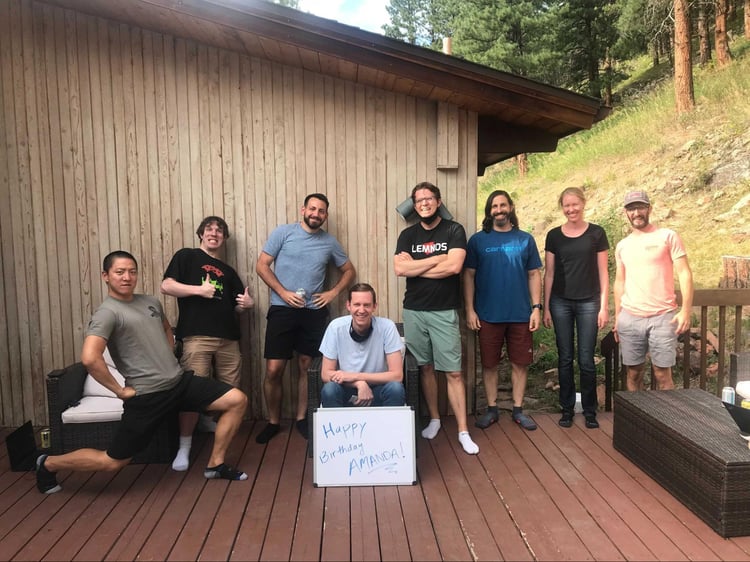#{ item.name }
#{ truncateText(item.metadescription) }
When Alta Motors shut down in 2018, my co-founders, Geoff Bucks and Zac Nelson, and I faced a choice: go work at another manufacturing company and use the rigid, monolithic software available on the market, or finally build the solution we’d always wished for on the factory floor.
This is the story of how frustration, grit, and a few hard truths led to the creation of Pico MES, a modular manufacturing execution system (MES) built specifically for the 98% of factories that aren’t billion-dollar enterprises.
After years of working inside fast-paced factories, we observed a consistent pattern: manufacturing software was either too rigid to adapt or too underpowered to scale. Off-the-shelf systems slowed us down, while custom-built tools were costly and unsustainable. We knew there had to be a better way—and if no one else was going to build it, we would.
Most factories—especially the ones creating good jobs in small towns—don’t have access to modern, scalable manufacturing software. They’re stuck with legacy tools, spreadsheets, and tribal knowledge. And too many software vendors ignore this reality, choosing to build for the top 2% of the market instead. That’s the lie we set out to correct.

In 2019, Geoff Bucks (co-founder) and I held our first demo in a coffee shop in Seattle.
We had spent decades in the automotive industry at places like General Motors, Tesla, and Alta Motors. We had lived through the chaos of growing factories. We had fought through the daily pain of tool integrations, tribal knowledge handoffs, and disconnected data.
Pico MES is the platform we wish we had: simple, fast to deploy, easy for engineers to configure, and powerful enough to connect the tools already on the factory floor.
By 2021, we held our first company retreat with 8 employees. All 8 are still with us today. So is my wife Amanda, who celebrated her birthday during that offsite (she hasn’t let me forget it).

Our first company-wide retreat was in 2021. We had 8 employees at the time. I’m proud to say that all 8 are still with us on this journey, as is my wife Amanda, whose birthday was during the offsite.
We built Pico MES for the backbone of American manufacturing: mid-sized factories that do complex work, often without the same tech infrastructure and budgets as the giants. And it’s working.
Lithos started using Pico MES when they were just 20 people. Today, they’ve grown 250% and manufacture lithium-ion battery packs for marine, defense, and industrial use.
Take a critical fastening step like joining a high-voltage busbar to a battery pack. If it’s not torqued precisely, it’s a fire risk. With Pico MES, they connected smart torque tools in under an hour, no custom software required. Quality is now built into the process, not bolted on after the fact. They recently earned their ISO 9001 certification in under 6 months, have reduced scrap and prototyping loss by 90% and are on the journey of continuous improvement.
Tritium makes DC fast chargers for electric vehicles. With Pico MES, they set up a multi-line factory in record time, achieving in months what usually takes years with traditional MES systems. They reduced operator onboarding from 2 months to 2 weeks, and now deploy new workstations in minutes. That speed is a competitive advantage in a fast-moving market.
Tritium reduced operator onboarding time from 2 months to 2 weeks, creating new efficiencies in factory operations
From 20-person startups to global EV players, manufacturers choose Pico MES for the same reason: it’s fast, flexible, and built for the realities of the shop floor.
After Alta Motors closed, we didn’t have to start a company. We had options. But for Zac, Geoff, and me, creating Pico MES felt like the only choice that made sense. We incorporated in 2019 with a mission to give mid-sized factories the digital infrastructure they need to thrive. No-code configuration. Plug-and-play hardware integrations. A modular MES that’s affordable, easy to implement, and built for the people who use it. That mission hasn’t changed. And with our recent $12M Series A funding, we now have 12 million more reasons to keep building for the factories that power America.
#{ truncateText(item.metadescription) }
Bring your shop floor together — people, tools, and data all connected in one system. No rip and replace; just connections.
